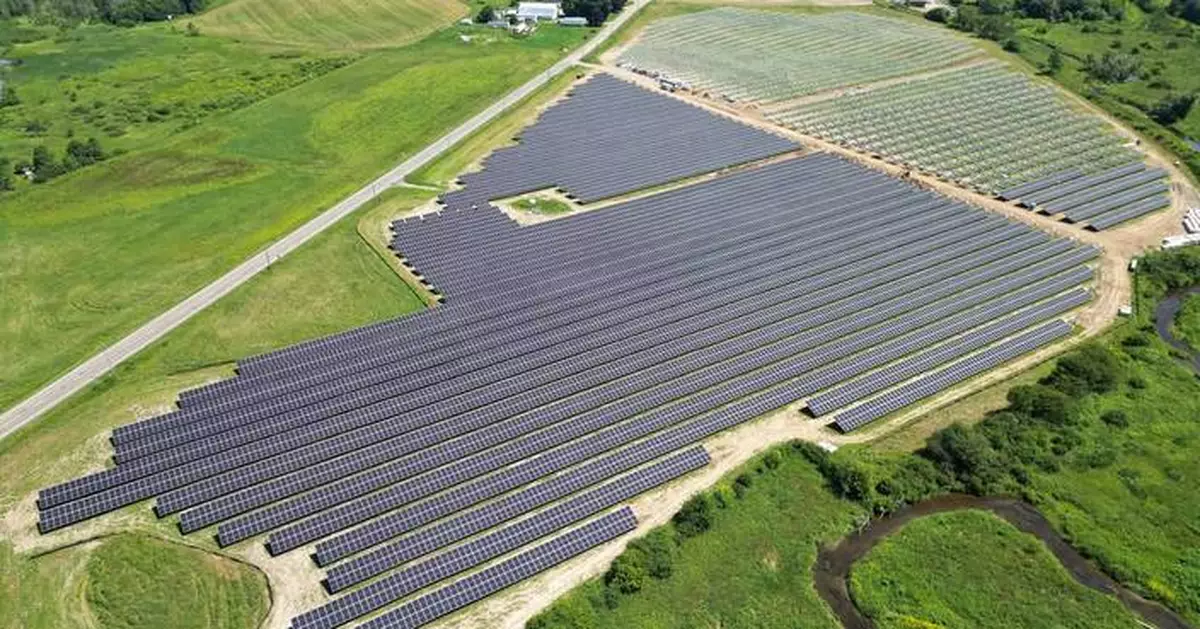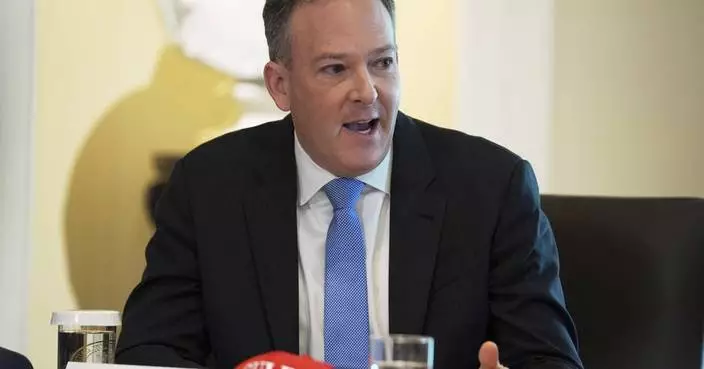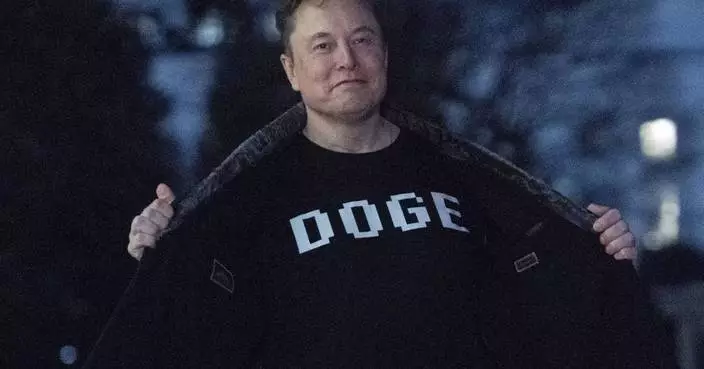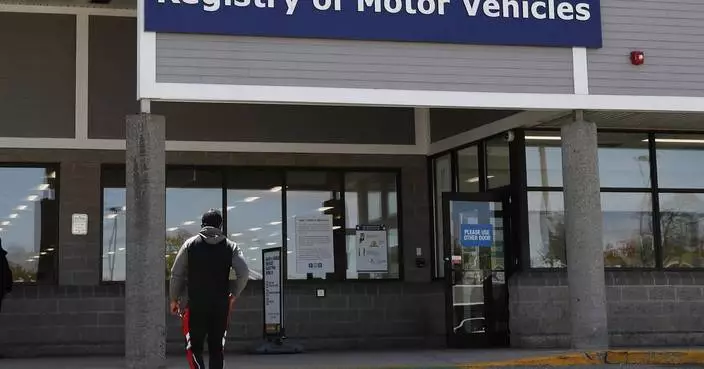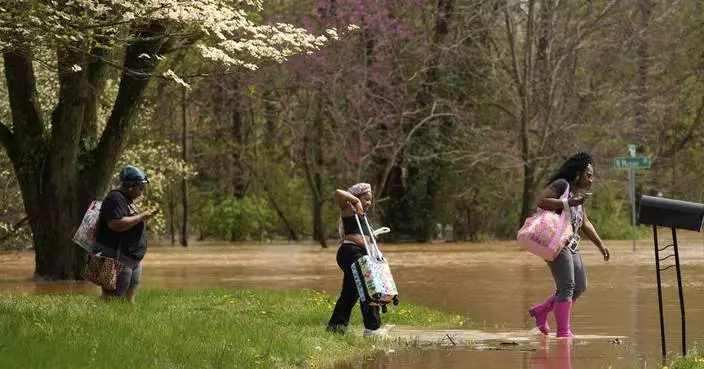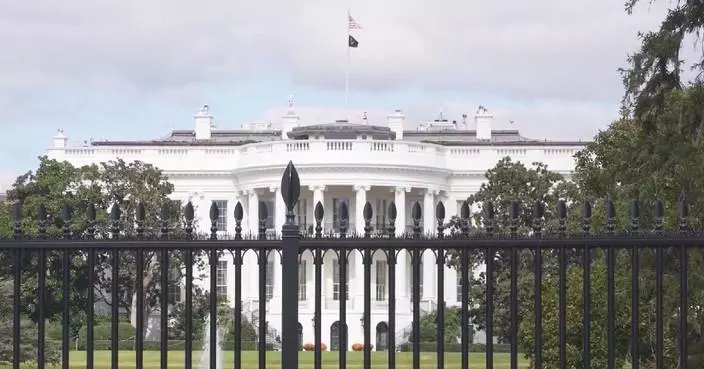HOUSTON--(BUSINESS WIRE)--Apr 16, 2025--
Catalyze, a fully integrated developer and Independent Power Producer (IPP) of distributed renewable energy assets, today announced it has secured an $85 million tax equity investment from RBC Community Investments (RBC). The financing will support the construction and completion of approximately 75MW of commercial and industrial (C&I) and community solar projects across the United States in 2025.
This press release features multimedia. View the full release here: https://www.businesswire.com/news/home/20250416909412/en/
This latest investment reinforces Catalyze’s ability to secure tax equity financing as it continues expanding its distributed generation portfolio, which now totals 300MW of projects in operations and construction. The transaction also builds upon Catalyze’s existing relationship with RBC, demonstrating a shared commitment to advancing renewable energy solutions at scale.
“RBC is a valued financing partner, and we are pleased to further expand our relationship with this latest investment,” said Jared Haines, CEO of Catalyze. “This financing enables us to further our mission to bring scalable distributed generation projects to businesses and communities nationwide.”
RBC’s investment supports Catalyze’s growing pipeline of distributed renewable energy projects, helping to drive the deployment of clean energy solutions that benefit property owners, businesses, and communities alike.
“RBC’s investment in this portfolio demonstrates our commitment to advancing clean energy solutions within local communities,” said Jonathan Cheng, Managing Director at RBC. “We are excited to partner with Catalyze on the strategic deployment of these and future projects.”
Catalyze’s private equity sponsors, EnCap Investments and Actis, continue to support the company’s growth strategy as it scales its renewable energy offerings.
About Catalyze
Catalyze is a fully integrated developer and Independent Power Producer (IPP) of distributed renewable energy assets. Catalyze is accelerating the clean energy transition through deployment of solar and storage assets across community solar, C&I, and public sector verticals. With proprietary technology, financial strength, and in-house expertise, Catalyze originates, acquires, builds, owns, and operates distributed renewable energy assets that help property owners, businesses, and communities unlock long-term value.
Catalyze delivers clean energy solutions that enable partners to optimize the performance of their real estate assets, enhance energy resilience, decarbonize operations, and achieve enterprise goals. Its proprietary technology, REenergyze®, streamlines the origination-to-operations process, driving the rapid deployment of renewable energy infrastructure.
To learn more, visit www.catalyze.com.
About RBC Community Investments
RBC Community Investments is a leading syndicator of Renewable Energy Tax Credits, Low Income Housing Tax Credits, Workforce Housing Investments, Historic Tax Credits, and State Tax Credits. By creating well-structured investments, our team of experienced professionals craft equity solutions that help drive the successful development of affordable multifamily communities and renewable energy projects nationwide. As of December 2024, our team of over 137 professionals has raised over $19.8 billion in equity with 98 institutional investors.
To learn more, visit www.rbccm.com/communityinvestments.
About EnCap
Since 1988, EnCap Investments has been a leading provider of growth capital to the independent sector of the U.S. energy industry. The firm has raised 25 institutional investment funds totaling approximately $47 billion and currently manages capital on behalf of more than 350 U.S. and international investors. Founded in 2019, the EnCap Energy Transition platform is led by three Managing Partners, each with 30-35 years of experience in the development and operations of renewables and power generation. For more information, please visit www.encapinvestments.com.
About Actis
Actis is a leading global investor in sustainable infrastructure, seeking to deliver competitive returns for institutional investors and measurable positive impact for the countries, cities and communities in which it operates. Actis invests in structural themes that aim to support long-term, equitable growth in defensive, critical infrastructure across energy transition, digitalisation transition, and supply chain transformation.
Actis believes that the firm’s decades of global experience, operational know-how and strong culture allows it to create global sustainability leaders at scale. Actis is a signatory to the Principles for Responsible Investment (PRI), an investor initiative supported by the United Nations.
You can learn more about Actis at www.act.is.


Catalyze Secures $85 Million Tax Equity Investment from RBC to Advance Distributed Energy Portfolio
WASHINGTON (AP) — The White House released President Donald Trump's 2026 budget proposal Friday, hoping to slash, if not zero out, spending on many government programs. It seeks a sweeping restructuring of the nation’s domestic priorities, reflective of the president’s first 100 days in office and sudden firing of federal workers.
Trump's plan aims for steep cuts to child care, disease research, renewable energy and peacekeeping abroad, many already underway through Elon Musk’s Department of Government Efficiency, all while pumping up billions for the administration's mass deportation agenda.
The budget drafters echo Trump’s promises to end “woke programs,” including preschool grants to states with diversity programs. And they reflect his vow to stop the “weaponization of government” by slashing the Internal Revenue Service, even as critics accuse him of using the levers of power to punish people and institutions he disfavors
Overall, it’s a sizable reduction in domestic accounts — some $163 billion, or 22.6% below current year spending, the White House said.
At the same time, the White House said it is relying on Congress to unleash $375 billion in new money for for the Homeland Security and Defense departments as part of Trump’s “big, beautiful bill” of tax cuts and spending reductions. His goal is to repel when he calls a “foreign invasion," though migrant arrivals to the U.S. are at all-time lows.
House Speaker Mike Johnson welcomed the proposal as “a bold blueprint that reflects the values of hardworking Americans and the commitment to American strength and prosperity.”
Budgets do not become law, but serve as a touchstone for the coming fiscal year debates. Often considered a statement of values, this first budget since Trump's return to the White House carries the added weight of defining the Republican president's second-term pursuits, alongside his party in Congress.
It comes as Trump has unilaterally imposed what could be hundreds of billions of dollars in tax increases in the form of tariffs, setting off a trade war that has consumers, CEOs and foreign leaders worried about a possible economic downturn.
Democrats assailed the budget as a devastating foreshadowing of Trump's vision for the country.
“President Trump has made his priorities clear as day: he wants to outright defund programs that help working Americans," said Sen. Patty Murray of Washington, the top Democrat on the Appropriations Committee. This, she said, “while he shovels massive tax breaks at billionaires like himself and raises taxes on middle-class Americans with his reckless tariffs.”
The White House Office of Management and Budget, headed by Russell Vought, a chief architect of Project 2025 from the conservative Heritage Foundation, provided contours of a so-called skinny version of topline numbers only.
It covers only the federal government's discretionary spending, now about $1.83 trillion a year on defense and nondefense accounts. Trump's team drops that spending by $163 billion, to $1.69 trillion, a portion of the nation's nearly $7 trillion budget that includes far more programs and services.
Federal budgets have been climbing steadily, as have annual deficits that are fast approaching $2 trillion with annual interest payments on the debt almost $1 trillion. That’s thanks mostly to the spike in emergency COVID-19 pandemic spending, changes in the tax code that reduced revenues and the climbing costs of Medicare, Medicaid and other programs, largely to cover health needs as people age. The nation’s debt load, at $36 trillion, is ballooning.
“We need a budget that tells the full story, and it should control spending, reduce borrowing, bring deficits down,” said Maya MacGuineas, president of the Committee for a Responsible Federal Budget, a fiscal watchdog group.
Among some of the White House's proposed highlights:
The State Department and international programs would lose 84% of their money and receive $9.6 billion, reflecting deep cuts already underway, including to the U.S. Agency for International Development.
The Health and Human Services Department would be cut by $33.3 billion and the Education Department’s spending would be reduced by $12 billion. The Centers for Disease Control and Prevention and the National Institutes of Health would all face steep reductions.
The Defense Department would get an additional $113.3 billion and Homeland Security would receive $42.3 billion more. Much of that is contingent on Congress approving Trump's big bill. That approach drew criticism from leading defense hawks, among them the former GOP Leader, Sen. Mitch McConnell of Kentucky.
McConnell called the proposed boost in defense money in the president's budget a “gimmick."
“America cannot expect our allies to heed calls for greater annual defense spending if we are unwilling to lead by example," McConnell said in a blistering statement. "Fortunately, Presidential budget requests are just that: requests. Congress will soon have an opportunity to ensure that American power – and the credibility of our commitments – are appropriately resourced."
It's Congress, under its constitutional powers, that decides the spending plans, approves the bills that authorize federal programs and funds them through the appropriations process. Often, that system breaks down, forcing lawmakers to pass stopgap spending bills to keep the government funded and avoid federal shutdowns.
Congress is already deep into the slog of drafting of Trump’s big bill of tax breaks, spending cuts and bolstered funds for the administration’s mass deportation effort — a package that, unlike the budget plan, would carry the force of law.
Vought is also expected on Capitol Hill in the weeks ahead as the Trump administration presses its case.
Among the more skilled conservative budget hands in Washington, Vought has charted a career toward this moment. He served during the first Trump administration in the same role and, for Project 2025, wrote an extensive chapter about the remaking of the federal government.
Vought has separately been preparing a $9 billion package that would gut current 2025 funding for the U.S. Agency for International Development and the Corporation for Public Broadcasting, which involves the Public Broadcasting Service and National Public Radio. Trump signed an executive order late Thursday that instructs the Corporation for Public Broadcasting and federal agencies to cease funding for PBS and NPR.
Vought has said that a package of so-called budget rescissions would be a first of potentially more, as the Trump administration tests the appetite in Congress for lawmakers to go on record and vote to roll back the money.
This story has been corrected to reflect that the administration is proposing to cut the Health and Human Services budget by $33.3 billion, not $33.3 trillion.
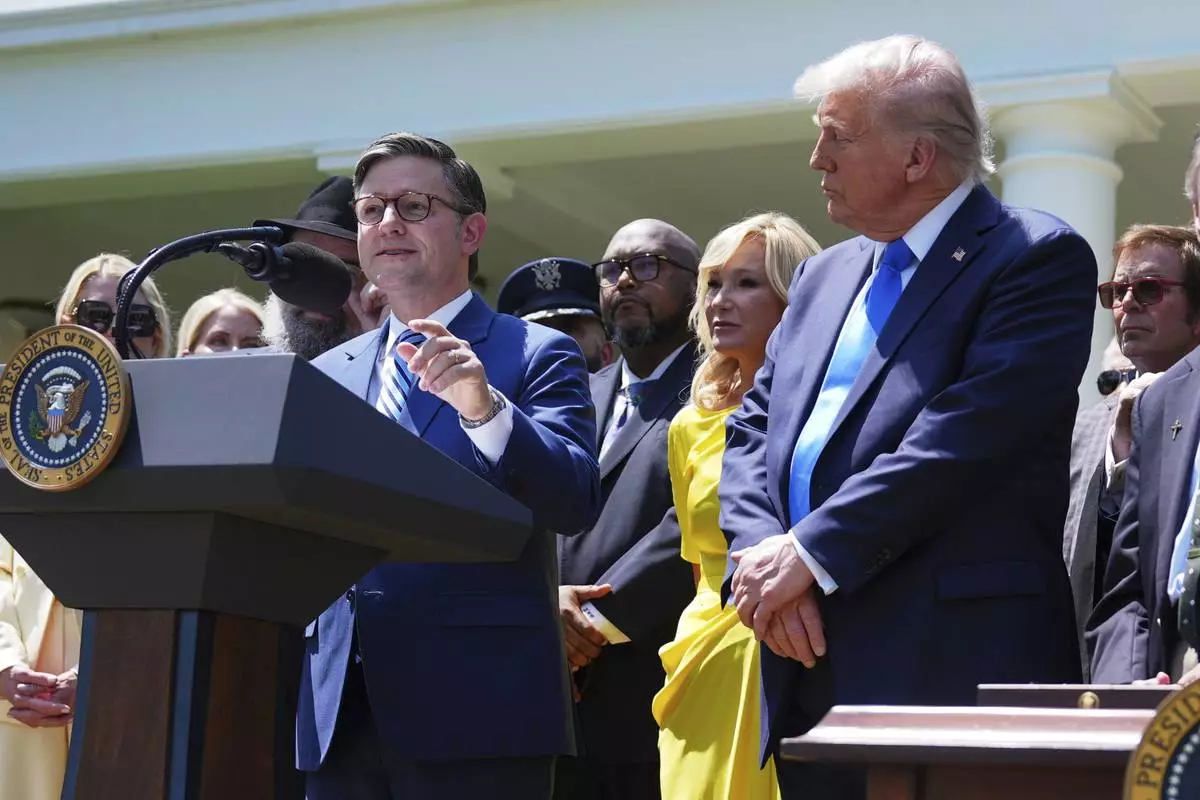
House Speaker Mike Johnson, R-La., speaks as President Donald Trump, right, listens during a National Day of Prayer event in the Rose Garden of the White House, Thursday, May 1, 2025, in Washington. (AP Photo/Evan Vucci)
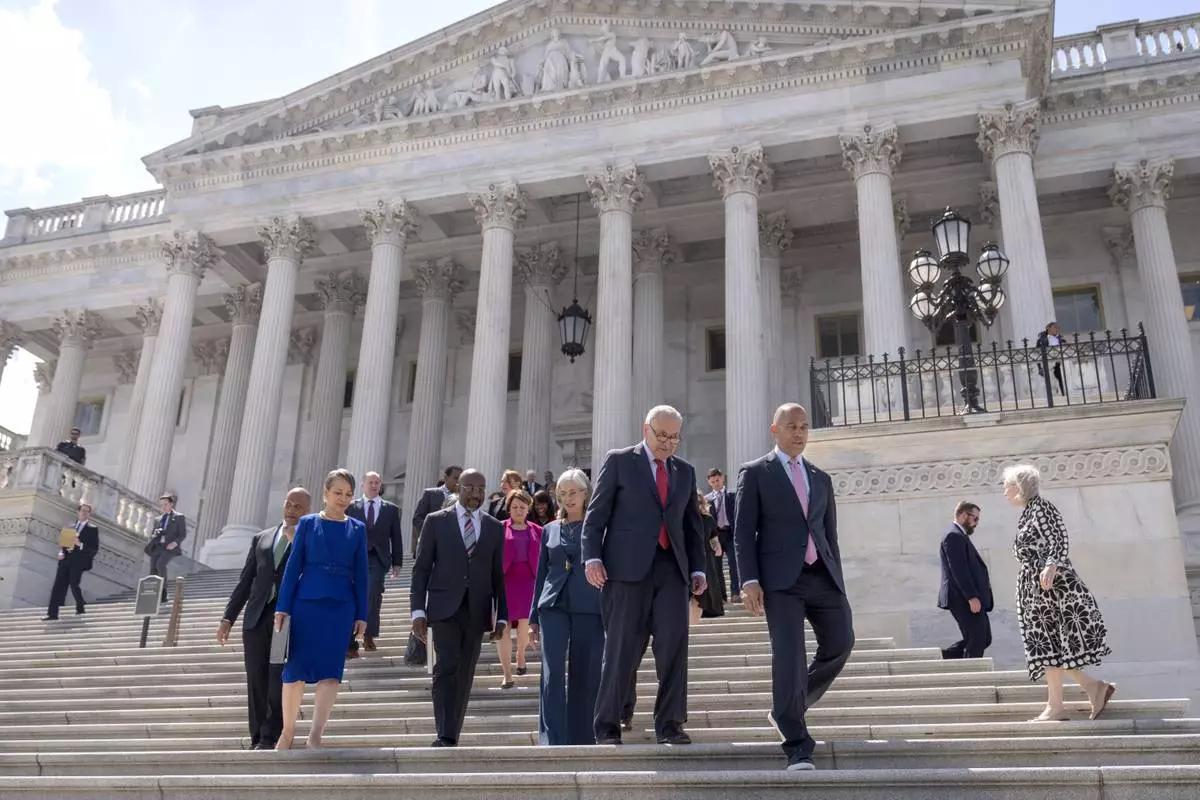
Senate Minority Leader Chuck Schumer, of N.Y., second from right, and House Minority Leader Hakeem Jeffries, of N.Y., right, arrive with other House and Senate Democrats for an event to mark 100 days of President Donald Trump's term on the steps of the Senate on Capitol Hill, Wednesday, April 30, 2025, in Washington. (AP Photo/Mark Schiefelbein)
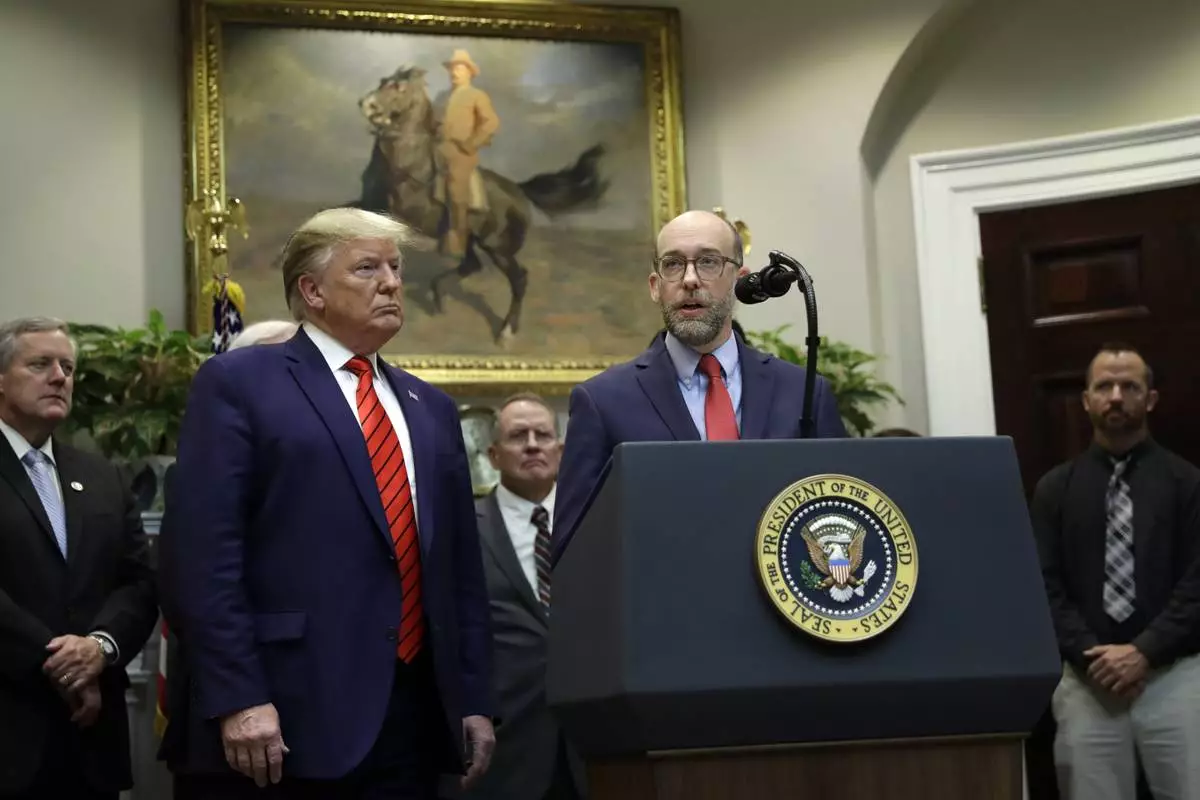
FILE - President Donald Trump listens as acting director of the Office of Management and Budget Russ Vought speaks during an event on "transparency in Federal guidance and enforcement" in the Roosevelt Room of the White House, Oct. 9, 2019, in Washington. (AP Photo/Evan Vucci, File)




